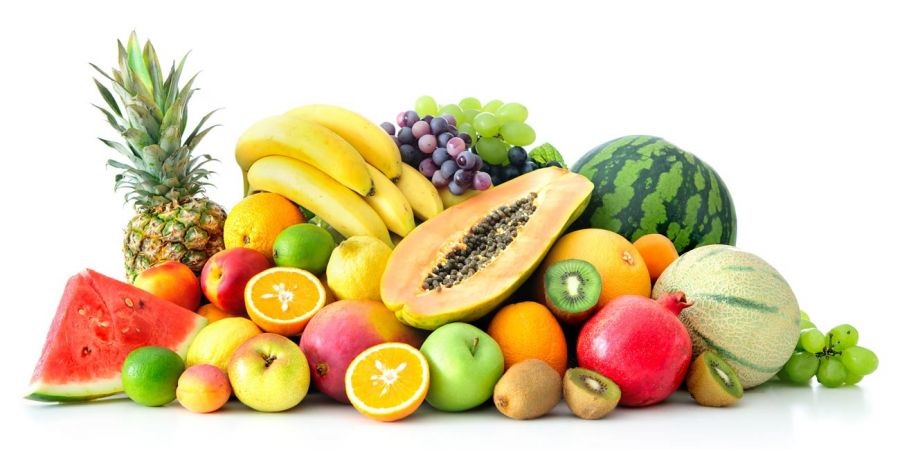
Stay healthy with fruits (II)
This is the concluding part of the interview the Junior Graphic Editor, Doreen Hammond (DH) had with Dr Abigail Aphyra Akosua Konadu Yiadom (Doc) on fruits, published last week.
D.H: What if children don’t like a particular fruit? Does it matter?
Doc: Yes it does. The reason why the child doesn’t like a particular fruit should be established. If it’s a medical concern, eg., allergies where children react to a particular fruit in a way that affects him or her physically and or emotionally, he or she shouldn’t be forced.
Children with oral allergy syndrome (OAS) or pollen food allergy may react to fruits. There are various pollens and they react differently to fruits (birch pollen reacts to apple,grass pollen reacts to orange, melon, ragweed pollen reacts to banana, mugwort pollen reacts to peach).
Food intolerance disturbs the immune system and food intolerance is about your body reacting to certain foods or fruits in a different way.

Dr Abigail Aphyra Akosua Konadu Yiadom, a nutrition advocate
We need to know our children to identify where or when there’s a change or a reaction which affects their well-being. When you eat a particular fruit and experience itching or tingling in the mouth, swelling of the tongue, lips and throat, sneezing/nasal congestion, diarrhoea, vomiting, abdominal pain, then you need to pause/stop.
When you experience throat swelling, rapid pulse, dizziness, loss of consciousness, low blood pressure, shock, you need to seek medical attention urgently.
Some children are not allergic to fruits or food, they are just going through Food Intolerance. So, you can give/eat fruits that are acceptable and do not affect one’s well-being.
If it’s not for medical reasons, encourage children to eat fruits and give them time to accept a particular fruit they don’t like; with time, they can learn to like and eat it. And if they do not eat at all, contact a professional Nutritionist in various hospitals or into private practice (Licensed) for various ways to modify fruits and make them more acceptable and part of their meals.
D.H: How should fruits be treated before being eaten?
Doc: Wash fruits ideally under running water for at least two minutes with clean hands and a fruit brush if you have or with a bowl of clean water and salt. Cut afterwards with a clean knife and serve into a clean dessert bowl or side plate. Serve, enjoy.
Take seeds out for younger children and cut into smaller pieces for them where need be for easy picking and chewing, and to prevent choking when swallowing.
NB: You can use a fruit brush if you don’t want to add salt.
Give children the opportunity to choose what they want. You can influence their quest for variety by setting tables with fruits on it. Parents are to eat too especially at home. Keep fruits in lunch boxes of children and inform their teachers or caregiver about it.

You have a variety of fruits on the market to choose from.
Fruits are healthier and better than the fizzy drinks we keep in the lunch boxes or serve children with. Fruits serve a child’s body with goodness while fizzy drinks are mostly loaded with artificial sugar and additives which go a long way to affect the health of children sooner or later in life with conditions such as obesity, diabetes and so on.
Fruits are rich in vitamins and minerals that are important/vital for the growth of children. They help children maintain a healthy potassium level which helps them to achieve a normal blood pressure.
Fruits are excellent sources of vitamin C which boosts a child’s immune system and help prevent diseases. So, eat fruits and stay healthy.
